Hello to fellow Prime Writer, lovely Shelley Harris, visiting my blog this morning to talk about her novel VIGILANTE, just come out in paperback this month. I so enjoyed reading this book! So much of it chimed with me (age 44, one child, seriously messy house). I loved the way it veered between comedy and some very dark stuff indeed. The feminist angle was so well handled and all in all, a terrific read, with no idea where it was going to end up.
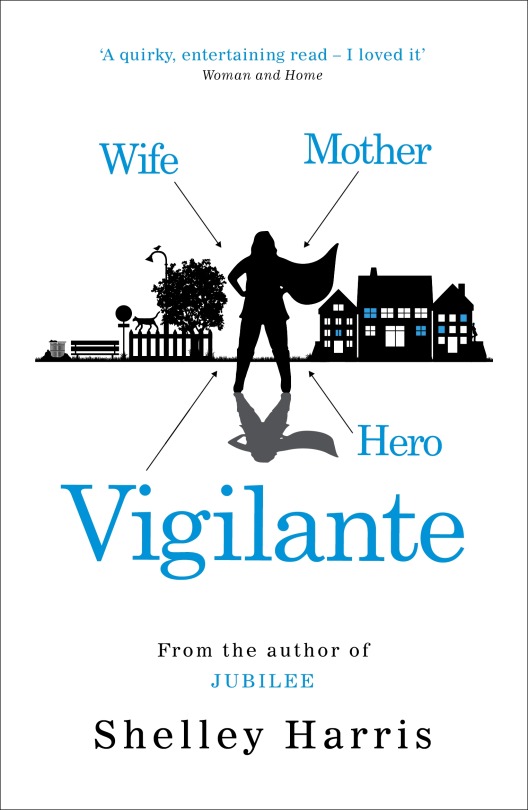
Here’s the blurb:
For Jenny Pepper, housewife, charity bookshop worker and mum to a stroppy teen, life has become a little boring. She was once an actress, but now spends every day tidying up after other people.
Then, on her way to a party one night, Jenny bravely steps in to save a woman in trouble. Suddenly her world is exciting again – and she’s a hero. As she starts patrolling the streets of her small town, she feels more alive than she has in years. But when a real villain appears, Jenny’s daughter is in danger. Will she tell the police what she knows or go it alone and risk losing everything?
VIGILANTE is about an ordinary woman stuck in a rut – and the extraordinary lengths she’ll go to recapture her life.
[1] I was fascinated by the contradictions you explore in a modern mother’s life. The joy and the boredom, the fulfilment and the unfulfilment. What interests you most about this?I think I’m most interested in our unwillingness to tell the whole story about motherhood. That’s what I wanted to do in Vigilante: talk about the way in which it can hugely fulfil you at exactly the same time as it’s taking you apart. I’m fairly candid about this in my own personal life, but even I feel the need to preface conversations with: ‘I adore my kids and feel so lucky to have had them…’ And then I kick myself for doing so. Of course I love them; that’s not what’s being discussed. But feeling uncomfortable with motherhood is absolutely at odds with how women are constructed in our culture. It’s WomanCrime #1.
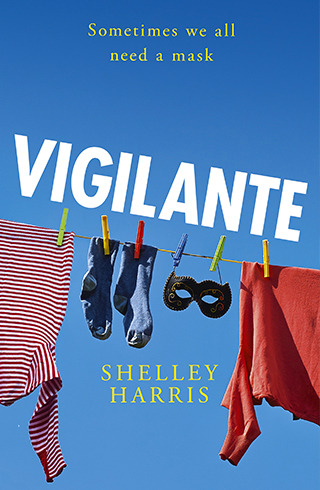
I started the process quite ignorant about graphic novels and comic books, but I was interested in the way that superhero stories tap into mythic themes and questions of identity. Now that I’ve read more I can see I’m still pretty ignorant – I just know that I don’t know. When I was researching, my mate Lee took me to London’s Forbidden Planet and walked me through Graphic Novels 101. What surprised me most was what a wonderful and flexible medium it is for storytelling. It made me question our assumption that illustrations are somehow not as serious as text – why is that? And even if a story isn’t a graphic novel, why are conventional novels not illustrated? Full disclosure: I wanted Vigilante to be illustrated with ‘plates’, as books often used to be. I was in discussions about it with an artist, but in the end my editor and I felt readers would see it as suggesting too comic a tone for what is actually quite a dark book. If more books were illustrated, of course, readers wouldn’t see any dissonance there, and I still nurture dreams of doing it for a future novel.And what did I enjoy most? Probably the economy of expression that the combination of pictures and text allows you. While I was writing I had some of my favourite panels stuck up on my noticeboard, and they inspired me every time I looked at them.
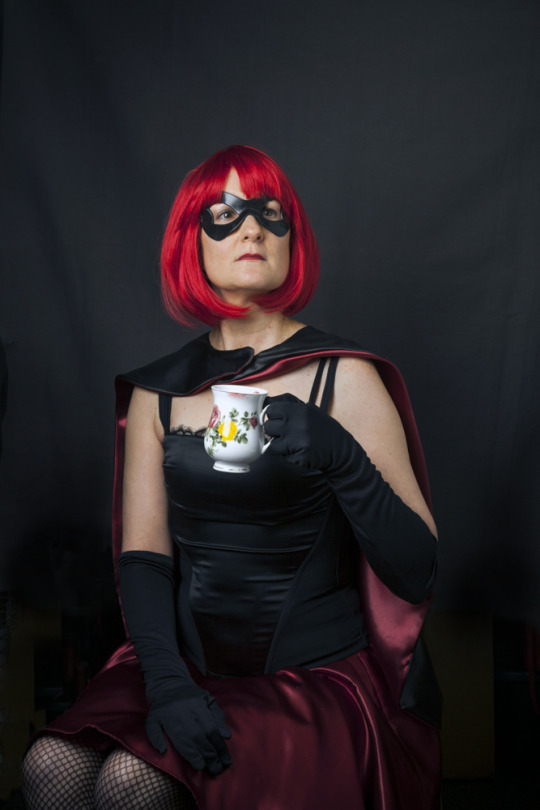
[3] That act of dressing up, of putting on a mask – what appeals to you about this?
I find it completely fascinating that what we wear gives us permission to behave in certain ways. Closely related to this is the importance of anonymity; if no-one knows it’s you, there are no expectations to conform to. In that sense I really understand why superheroes wear masks; it’s about the blank slate of a new identity at least as much as it it’s about concealing your old one. To get into character, I wore a superhero costume myself while I was writing the novel. I patrolled High Wycombe trying to do good deeds and was always amazed how my nervousness (I used to feel sick beforehand) disappeared the moment I put on the mask and became someone else. Having done it, I actually think it’s something everyone should try. *interrupts: I think it’s so brilliant you actually dressed up as a superhero! Proper method writing, that. Well impressed.*
Here’s an article in the Independent about Shelley’s super-hero days:
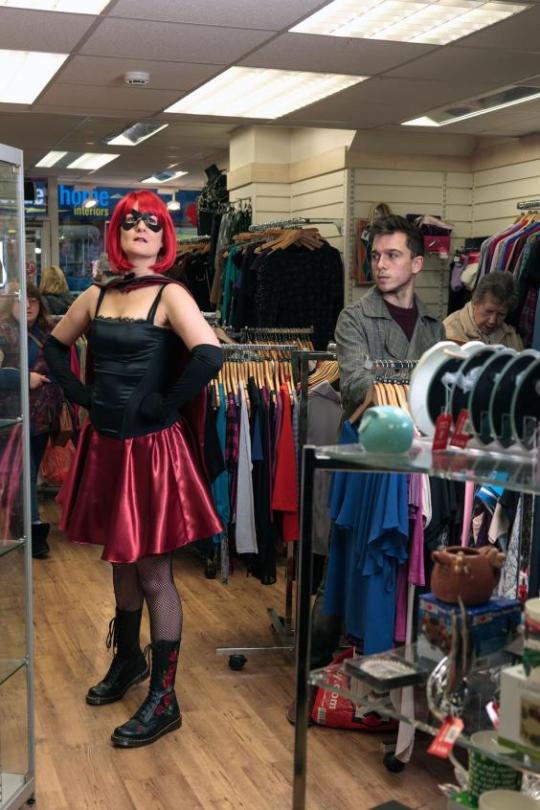
Oh boy. Well, here goes… I spent a day researching at Twickenham police station, with a DI I’d met at a literary event – she’s a big reader – and her equally bookish sergeant, Eve. Eve showed me all steps you’d go through if you were arrested. She’d just booked me in, put my phone into a brown paper bag and given me a disposable all-in-one suit to wear, when I asked if I could use the loo. Sure, she said. We’ll have to go back up to the top floor… unless you want to use a loo in one of the cells down here? They’re not used for incarceration now, she said; we use them to train coppers. But they’re fully working.Well, what would you have done? She talked me through everything: the armoured cell door, and so on. Then she said: ‘I’ll disappear and give you a bit of privacy.’ I bid her goodbye, and swung the door closed, as you always do when you use the toilet.I’ll say it again: as you always do when you use the toilet.By the time I realised what I’d done, she was long gone. I called out of the little security window: ‘Hello! Hello! Anyone…?’ But there wasn’t anyone; this was a deserted bit of the station, and the only person who might have been there was Eve, who was ‘giving me a bit of privacy’ because anyone sensible would have peed with the door open.So I did what any writer would have done: revelled in Actually Being Locked In A Jail Cell, and made lots of mental notes about it. Then, when I was tired of that, I bleated out of the security window for a while.It took some time for Eve to return.
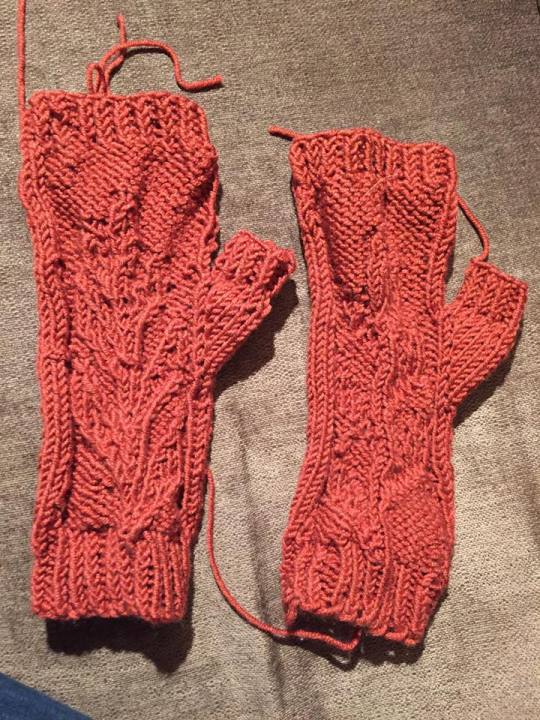
Shelley is also an expert knitter of left-handed gloves.
[5] How did you approach drafting this novel? Did you plan out the chapters first? Did you have a basic trajectory for the characters? Or did you simply write on from the germ and see what happens?I tend to be a planner, and I planned this novel beat-by-beat – before realising at the end of the first draft that I’d planned the heart out of it. So I went back and let Jenny take charge for a while, and that made everything much better. [6] Vigilante would make a great movie. Who would you choose to play Jenny?It’s funny – from the really early stages of writing this, when I imagined my fantasy cast for the book, I thought about Emma Thompson as Jenny. She’d totally own the role; she gets right into the heart of complex characters in the most epic way.
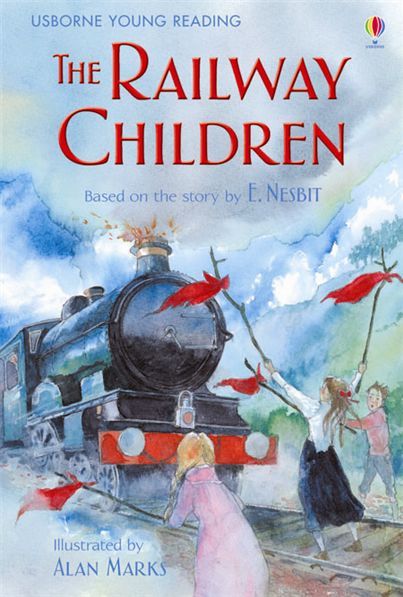
OK, here they are – three of many:
- The Railway Children by E Nesbit
- The Amazing Mr Blunden by Antonia Barber
- Over Sea, Under Stone by Susan Cooper
Jenny and her daughter have nicked some of my childhood reading; two of those titles appear in Vigilante.
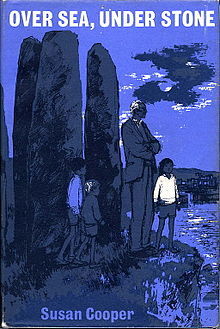
Gah! The short answer is No. I’m developing something that’s been tugging at me for a really long time, and right now it’s a kind of primeval soup; nothing’s ready to flop out onto land yet.
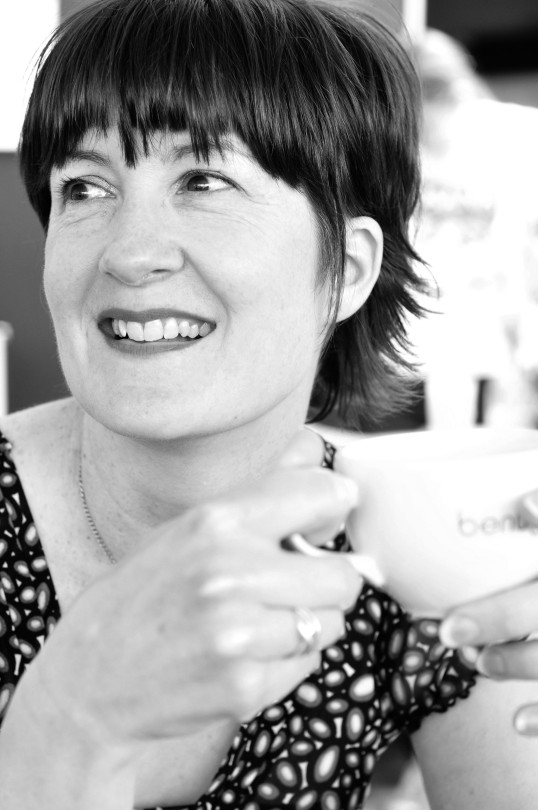
Thanks Shelley for hilarious and yet thought-provoking answers – a bit like your novel! You can buy VIGILANTE now in all good bookshops and online. It’s a cracker. Go buy it, people of Metropolis!
You can find Shelley online here: